
The halfway mark of the year is always hectic in our home. We have a month long celebration of birthdays, the end of another school year and the pressure to wrap-up work projects before we can take our much-deserved vacation time. While it may be difficult to reduce all the to-dos, it would be a shame to sweep over these milestones in the mad dash to start the summer. Fortunately, a bit of pre-planning and organization can get us over this hurdle with less stress and keep us in the moment.
That’s not to say I haven’t been thinking about our summer plans, in fact, fantasizing and compiling a thing’s to do, eat and see this summer. In fact, a study in the Netherlands shows that just anticipating a vacation or trip can increase our happiness levels. So while preparing for your trip may be stressful – from suitcase packing to planning, to shutting down at work – you can counteract this stress with daydreaming about what you plan on doing.
You can take this one step further and “Design Your Summer.” In Gretchen Rubin’s podcast Happier (episode 67) she shares listener’s ideas of making their summer more memorable. One listener has decided to eat lunch at a particular spot every Friday. For a period of eight weeks, she will invite all her friends to join her, no RSVP necessary, there is a book in her bag in case no one shows, but by planning this way she can anticipate meeting up with those she doesn’t often see or having some well-deserved solo quality time.
My “Design My Summer” plan is including a special day out individually with each of my daughters. The entire school year we spend as a trio, we are long overdue for some one-on-one time. I’ll suggest a few options, including lunch, and they can design the day they want to have with me. I’m still working on some ideas for quality time for myself, which includes Beach/Pool reads and a new Summer only exercise regime.
How will you “Design Your Summer”? Share them with me by email or on Facebook.
Learn more about how a professional organizer can help you find more space, focus and time for a richer quality of life. Contact sorted.by Melissa.

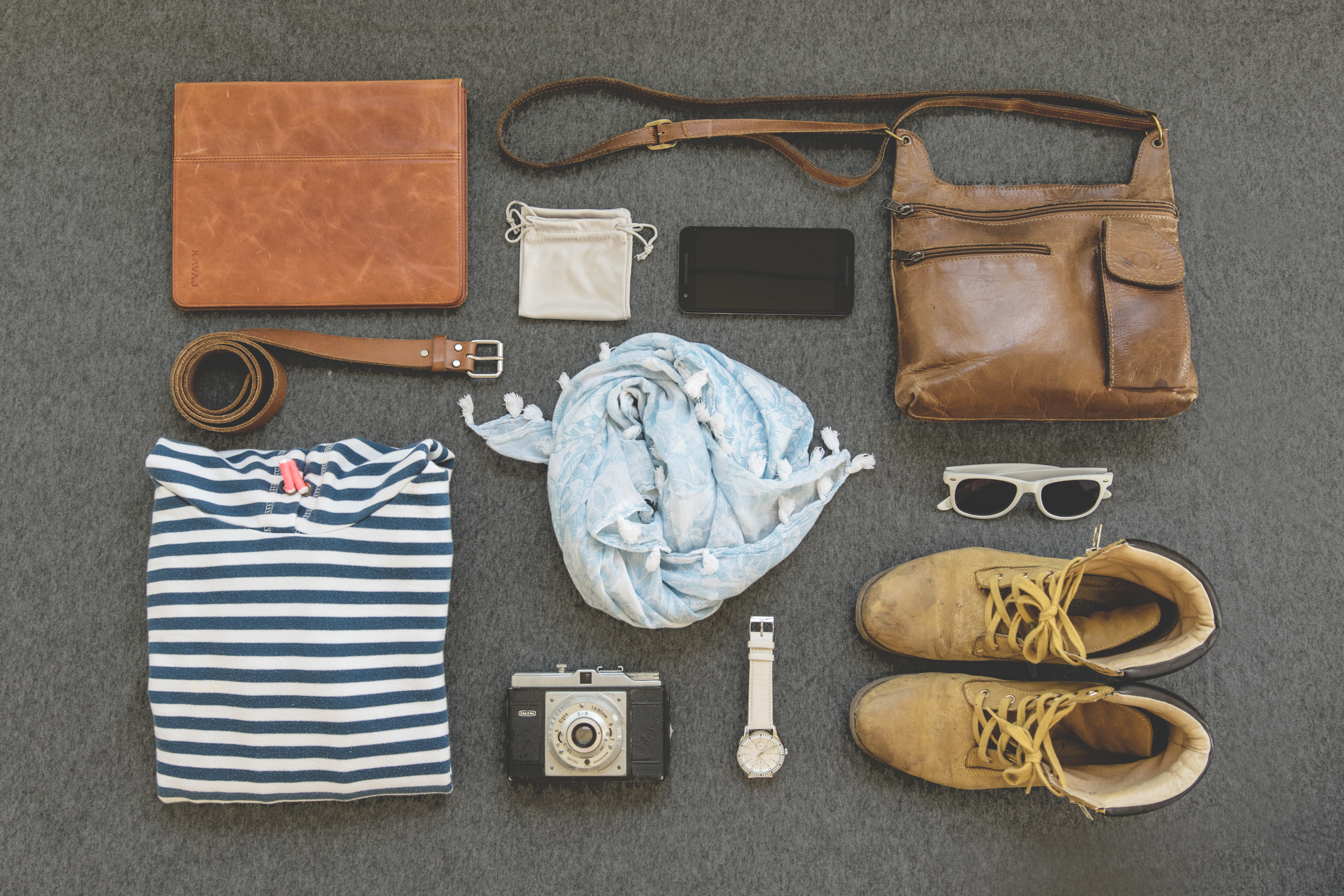 The rain jackets and scarves might not be saying summer near my home, but my summer destination is forecasted to be hot, hot, hot. This is the perfect opportunity for me to try out a Summer Travel Capsule Wardrobe.
The rain jackets and scarves might not be saying summer near my home, but my summer destination is forecasted to be hot, hot, hot. This is the perfect opportunity for me to try out a Summer Travel Capsule Wardrobe.

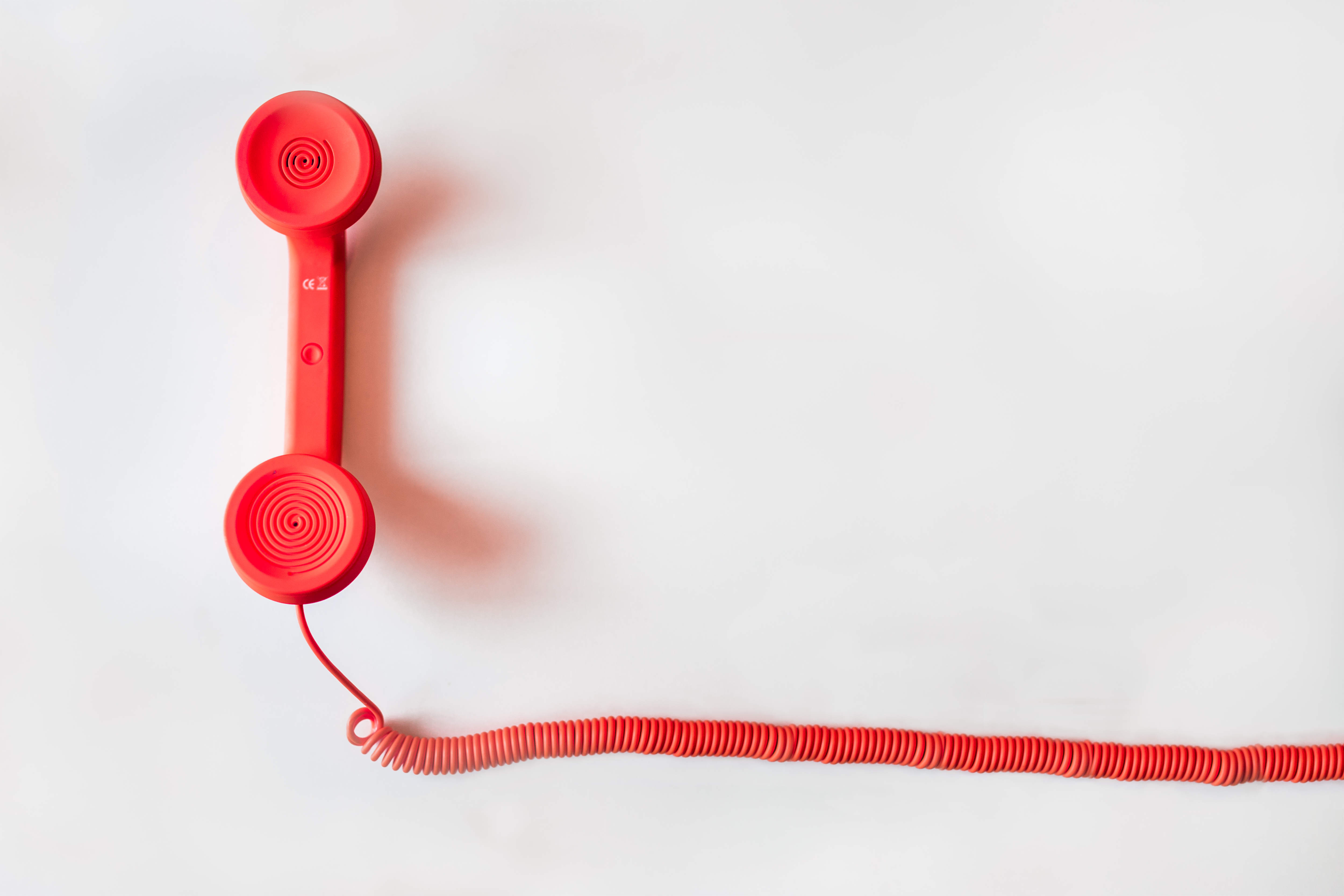

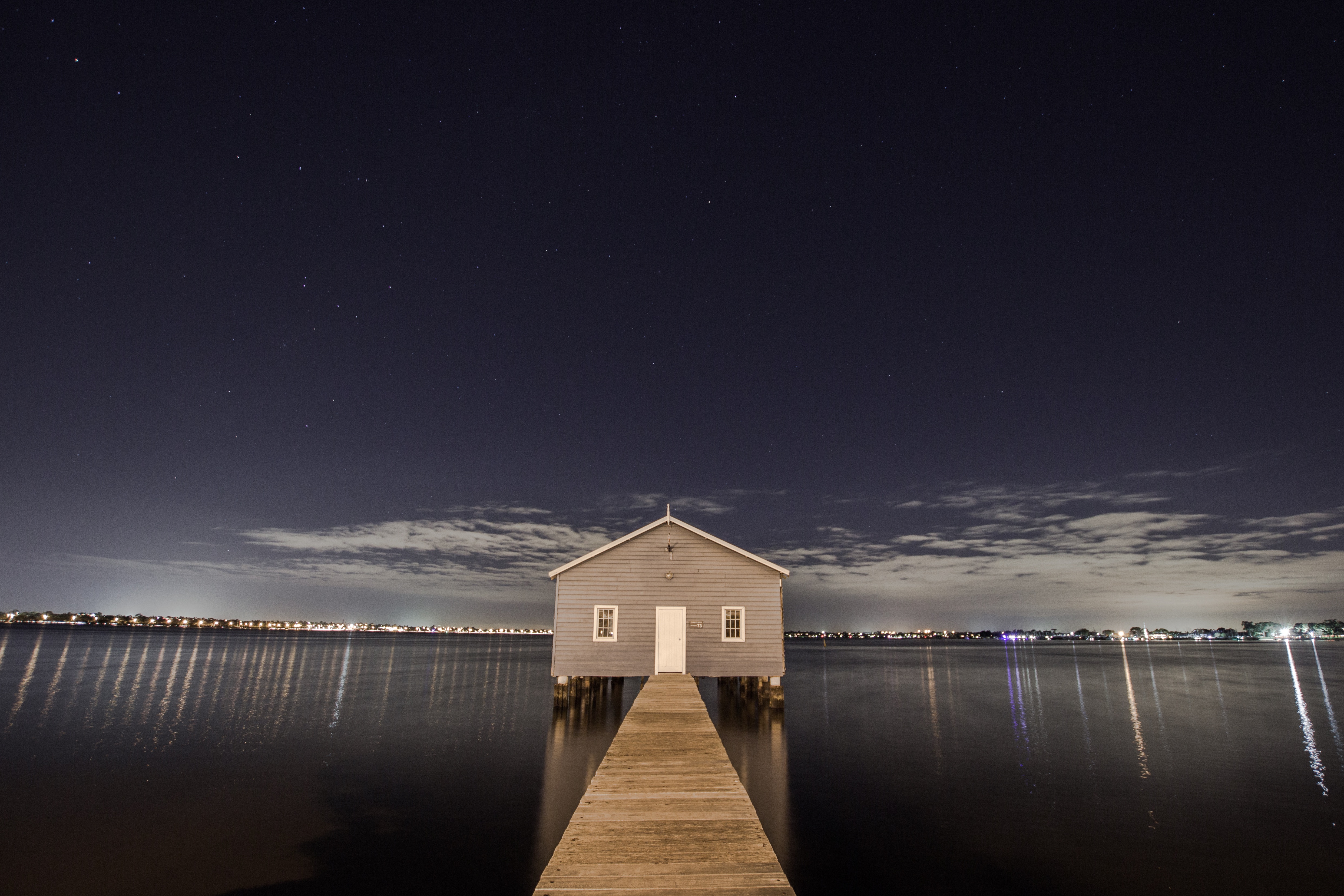
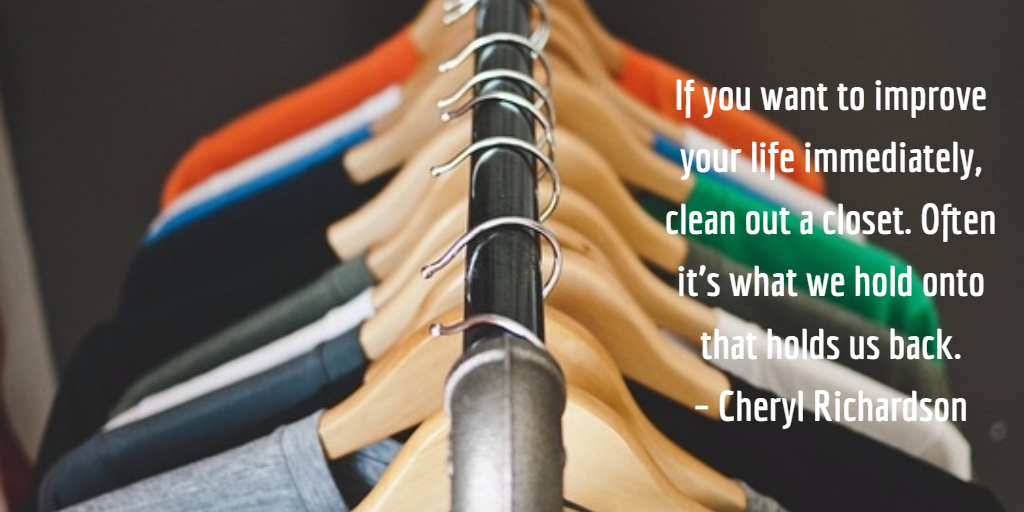
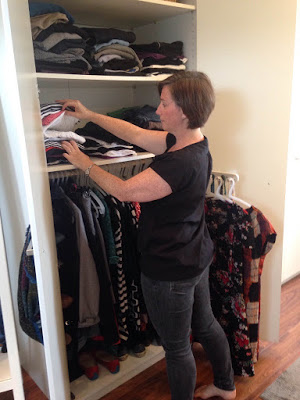
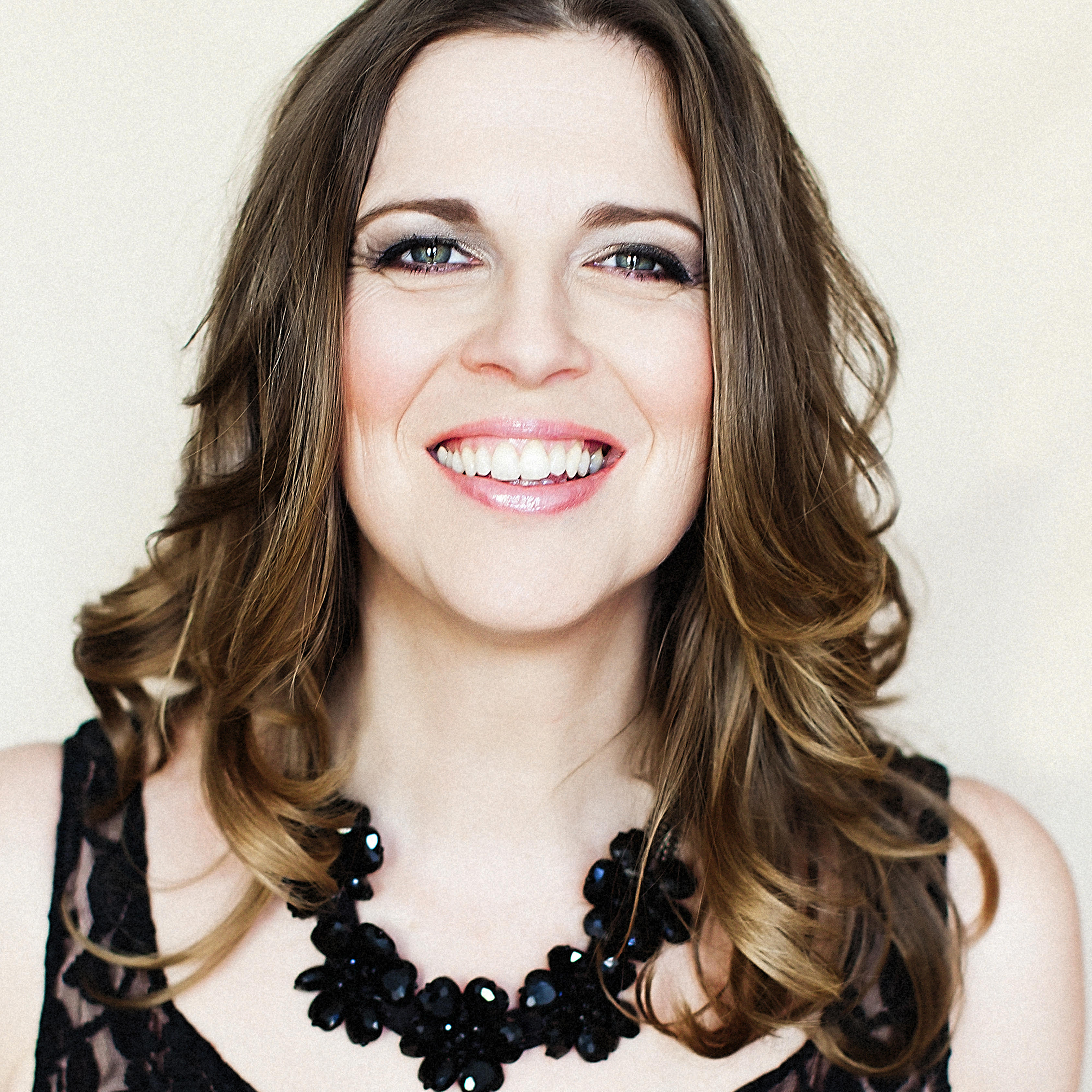 Allison Hamilton-Rohe is a Personal Style Coach from New York, currently living in Leiden. She created a unique formula to help you discover your personal style. Through her company, DailyOutfit, she coaches you to define your true beauty and translate it into a personal style you can inhabit with ease. She believes everyone can feel beautiful & confident every day. To learn more about her, check out her site
Allison Hamilton-Rohe is a Personal Style Coach from New York, currently living in Leiden. She created a unique formula to help you discover your personal style. Through her company, DailyOutfit, she coaches you to define your true beauty and translate it into a personal style you can inhabit with ease. She believes everyone can feel beautiful & confident every day. To learn more about her, check out her site 

